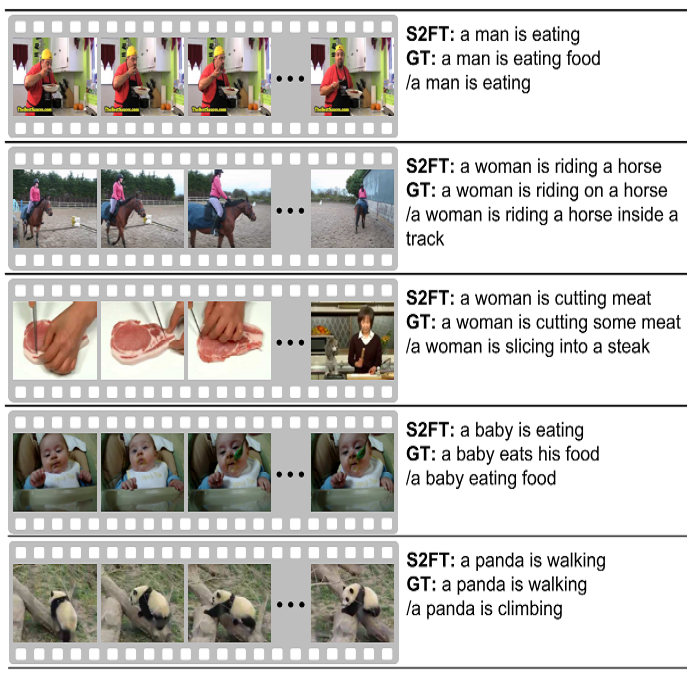Video understanding, including video captioning and retrieval, is still a great challenge for video-language models (VLMs). The existing video retrieval and caption benchmarks only include short descriptions, limits their ability of detailed video understanding evaluation. To address this problem, we present CaReBench, a testing benchmark for fine-grained video captioning and retrieval with 1,000 high-quality pairs of videos and human-annotated detailed captions. Uniquely, it provides manually separated spatial annotations and temporal annotations for each video. Based on this design, we introduce two evaluation metrics, ReBias and CapST, specifically tailored for video retrieval and video captioning tasks, respectively. These metrics enable a comprehensive investigation into the spatial and temporal biases inherent in VLMs. In addition, to handle both video retrieval and video captioning tasks in a unified framework, we develop a simple baseline based on a Multimodal Language Model (MLLM). By implementing a two-stage Supervised Fine-Tuning (SFT), we fully unlock the potential of MLLM, enabling it not only to generate detailed video descriptions but also to extract video features. Surprisingly, experimental results demonstrate that, compared to the CLIP-based models designed for retrieval and the popular MLLMs skilled in video captioning, our baseline shows competitive performance in both fine-grained video retrieval and video detailed captioning.
翻译:暂无翻译





